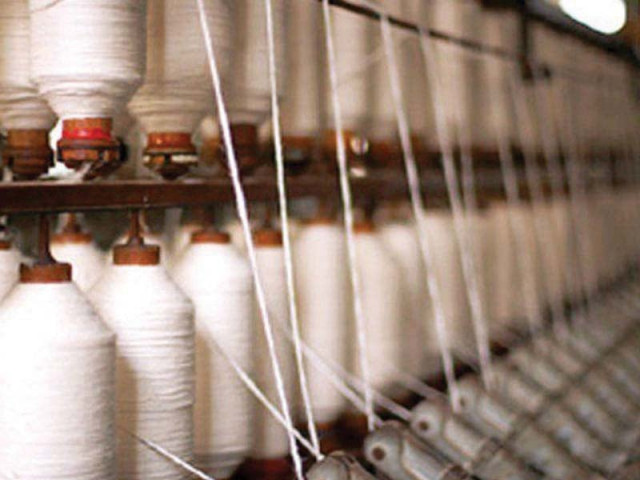Textile company steps up exports in difficult times
Increases capacity, expands from one small to four big manufacturing units

Best Exports has largely relied on self-financing and avoided borrowing from banks except for working capital needs to meet export orders. PHOTO: FILE
“We have expanded the production capacity in all segments,” said Best Exports Private Limited Group Director Sheikh Danish Ali, while talking to The Express Tribune.
Textile woes: Businessmen strive to diversify exports, explore new markets
He said the group had been registering an increase in exports of up to 10% every year, adding the company’s annual exports reached Rs10 billion, up 7%, this year.
Talking about the group’s structure, Ali said the company was focusing on a single production line, unlike other industrialists who were investing in multiple businesses including the areas where they did not have any experience.
In the past 20 years, the company has expanded from a small unit to four mega textile units in Faisalabad. It has largely relied on self-financing and avoided borrowing from banks except for working capital needs to meet export orders.
Pakistan’s annual textile exports are declining for the past few years. In fiscal year 2014-15, textile exports stood at $13.4 billion, which decreased to $12.4 billion in 2015-16.
On the other hand “the company is increasing its production capacity every year and replacing old machinery with new and latest technology,” said Ali.
“Recently, the company has expanded the production capacity of its spinning unit, which earlier comprised only 45,000 spindles. After expansion, the spinning capacity has reached 125,000 spindles.”
Best Exports has converted its power looms into Sulzer machines. It has installed 750 Sulzer machines to meet the export needs, taking the production capacity to 77,000 metres per day.
Its state-of-the-art stitching unit has 200 machines, which produce 250,000 textile made-ups of different categories per month.
Pakistani textiles take a hit, orders drop 50%
The group, which has assets worth Rs15 billion, owns a complete manufacturing chain starting from cotton to finished products. It comprises units of spinning, weaving, dying, stitching and sizing.
The company exports 70% of their products to Europe and now following a positive response it has decided to enter South Africa markets. As many as 6,000 people are working in its factories.
Published in The Express Tribune, September 20th, 2016.
Like Business on Facebook, follow @TribuneBiz on Twitter to stay informed and join in the conversation.



















COMMENTS
Comments are moderated and generally will be posted if they are on-topic and not abusive.
For more information, please see our Comments FAQ